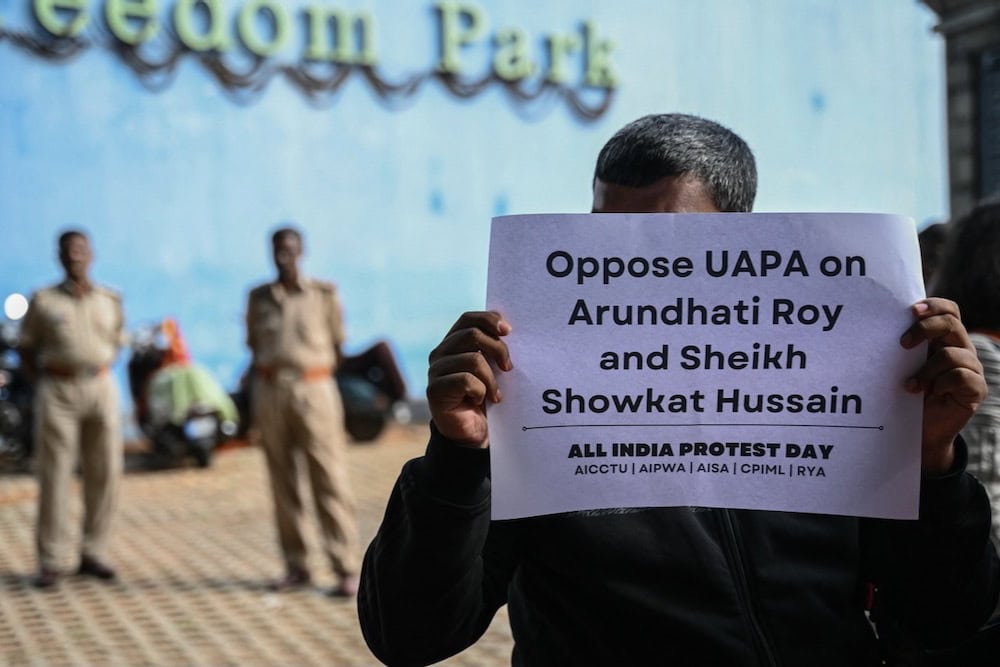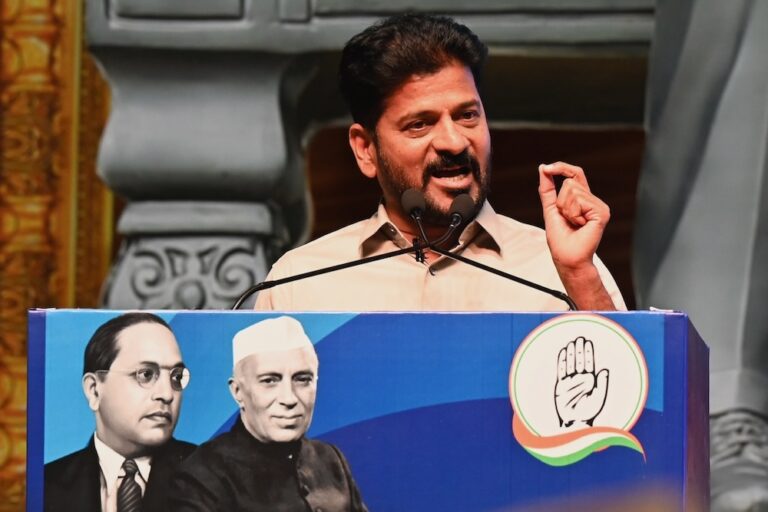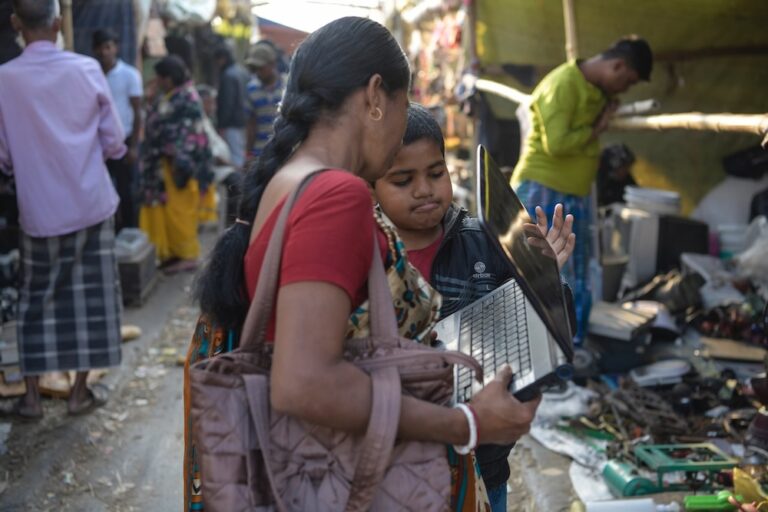The two writers are being prosecuted over comments made more than 13 years ago.
This statement was originally published on pen-international.org on 18 June 2024.
‘We condemn the Indian authorities’ latest effort to pursue prosecution against writers Arundhati Roy and Sheikh Showkat Hussain over comments made more than 13 years ago. Counter Terrorism legislation must never be used as a tool to criminalise peaceful dissent’, said Romana Cacchioli, Executive Director of PEN International.
PEN International renews its call for an immediate halt to all legal proceedings against writers Arundhati Roy and Sheikh Showkat Hussain. The organisation also urges the Indian authorities to amend India’s deeply draconian counter-terrorism legislation, the Unlawful Activities (Prevention) Act, to conform to international standards, including the right to freedom of expression.
On 14 June 2024, the Lieutenant Governor of Delhi granted permission for the Indian authorities to pursue prosecution against writer Arundhati Roy and Sheikh Showkat Hussain under India’s notorious counter-terrorism law, the Unlawful Activities (Prevention) Act, or UAPA, over comments they made at a conference in 2010.
The UAPA is a deeply draconian law that provides authorities with expansive powers to arrest and detain individuals without charge, with a high threshold for bail. The resulting situation is one where the process itself has become a de facto punishment, where many of those targeted under the UAPA subjected to years of pre-trial detention before they have any opportunity to establish their innocence in court. In recent years, writers, poets, scholars and journalists have all been targeted under the UAPA, leading to widespread criticism of the legislation from UN experts and civil society.
The ongoing efforts by the Indian authorities to prosecute Roy and Hussain stem from their participation at a conference on Kashmir that took place on 21 October 2010. It was organised by the Committee for the Release of Political Prisoners and took place at a time of heightened unrest in the disputed territory, including mass protests that broke out in response to the Indian army’s killing of three Kashmiri civilians, which it originally claimed were terrorists.
During the conference, Roy gave a speech reflecting on the need for justice in Kashmir and criticising the Indian government’s administration over the territory. Over the following thirteen years, no further action was taken by the authorities against Roy, Hussain and two other co-defendants (both of whom have died over the interim period). In August 2019, the Indian Government revoked the special status Kashmir enjoyed, which gave the state substantial regional autonomy under its treaty of accession to India in 1947. The revocation of the status is currently undergoing a legal challenge in the Indian Supreme Court.
The latest effort to pursue prosecution against Roy and Hussain takes place just days after India’s national election, sending a disparaging signal of the authorities’ intent to continue efforts to delegitimise critical voices through the misuse of counter-terrorism legislation.



